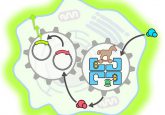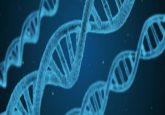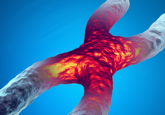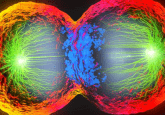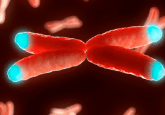The ‘dynamic duo’ of enzymes in the development of cancer
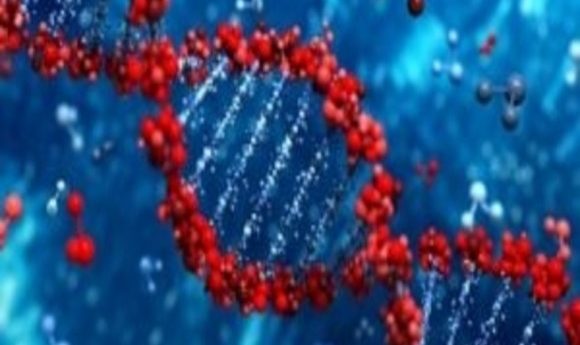
Mutated Hrq1 and Pif1 helicase enzymes shown to work together to disrupt telomere maintenance and regulation of cell division.
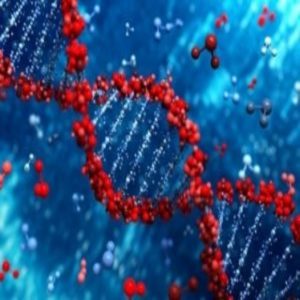
All strands of DNA have a non-coding region at the end of the strand known as the telomere. During each replication of the gene, when the cell divides, small nucleotides are lost leading to the gradual shortening of the telomere. In healthy people, the loss of nucleotides is a natural part of the aging process and causes most age-related changes.
This highly regulated process allows for controlled cell division. In cancerous cells this regulation fails and the telomeres never grow shorter, resulting in uncontrolled cell replication.
New research from Indiana University (IN, USA), published in the Journal of Biological Chemistry, has investigated two enzymes involved in telomere regulation, each members of the helicase family of proteins. Using enzymes from yeast that mirror those in humans, researchers demonstrated that the two enzymes Hrq1 (related to RecQ4 in humans) and Pif1 are involved in telomere maintenance and can be linked to the formation of cancer. Mutations of the Pif1 helicase have been linked to several types of cancer, such as breast, ovarian and colon cancer, whilst mutations in the RecQ4 helicase have been linked to three different diseases associated with predispositions for cancer.
The research shows that the two enzymes work together create a ‘super inhibitor’ or, under certain specific conditions, a ‘super stimulator’ of telomere growth. “This work confirms that two specific enzymes are involved in telomere maintenance, and demonstrates they’re even stronger in combination,” explained Matthew Bochman, senior author of the study. “This is significant since dysfunction in telomere maintenance has been found in 100% of cancers. Literally, 100%. So, it’s very likely they play a role in the disease.”
These results may help scientists better understand whether certain cancers involve errors in DNA recombination, DNA repair or telomere maintenance and this knowledge may be utilized to develop new drugs or other therapies.
